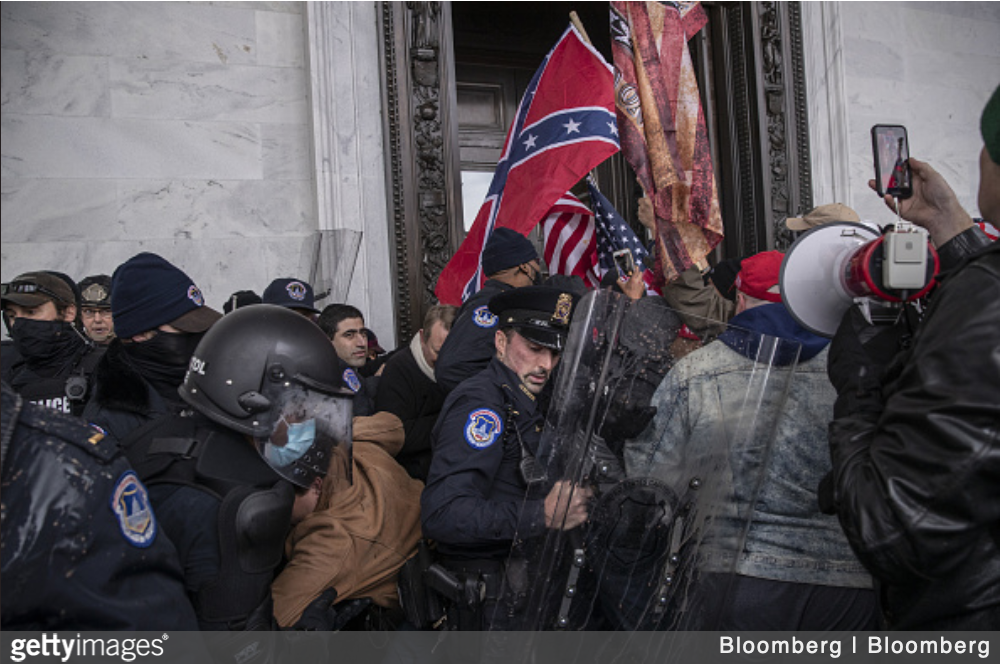Dangerous Speech on Facebook in Sri Lanka
Researchers at the Centre for Policy Alternatives in Sri Lanka use the Dangerous Speech Framework to analyze hate speech on Facebook.
Researchers at the Centre for Policy Alternatives in Sri Lanka use the Dangerous Speech Framework to analyze hate speech on Facebook.
Crises like COVID-19 and the invasion of Ukraine clearly illustrate how mis- and disinformation narratives proliferate and overlap with dangerous speech.

People have been trying to understand the catalysts of human behavior, especially violent behavior, for thousands of years. In this review, we focus on how speech, especially public, often online speech, can inspire civilians of one group to attack civilians of another or create an atmosphere in which such violence is encouraged.

This report examines the content of the official Facebook page dedicated to saving Sgt. Sunil Rathnayake, who was, on the 25th of June 2015, sentenced to death by the Colombo High Court for the massacre of 8 civilians in Mirusuvil in 2000. It examines comments over the course of one month after the verdict, which coincided with the campaign period for Sri Lanka's 2015 elections. Given that context, this report explores how potent the saving Sunil Facebook page is, firstly as an example of online hate and dangerous speech and secondly, as a catalyst for social mobilization.

"The growth of online hate speech in Sri Lanka does not guarantee another pogrom. It does however pose a range of other challenges to government and governance around social, ethnic, cultural and religious co-existence, diversity and, ultimately, to the very core of debates around how we see and organise ourselves post-war." Full report available in English and Sinhala; executive summary also available in Tamil.
